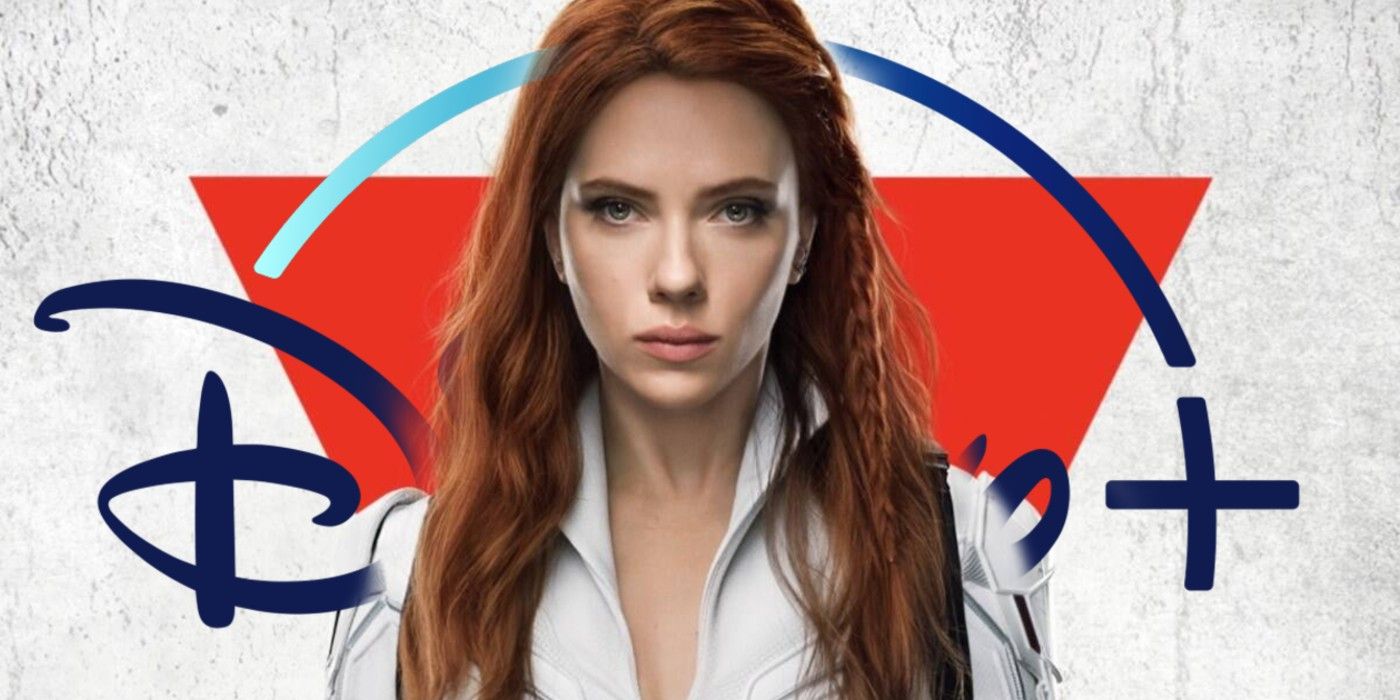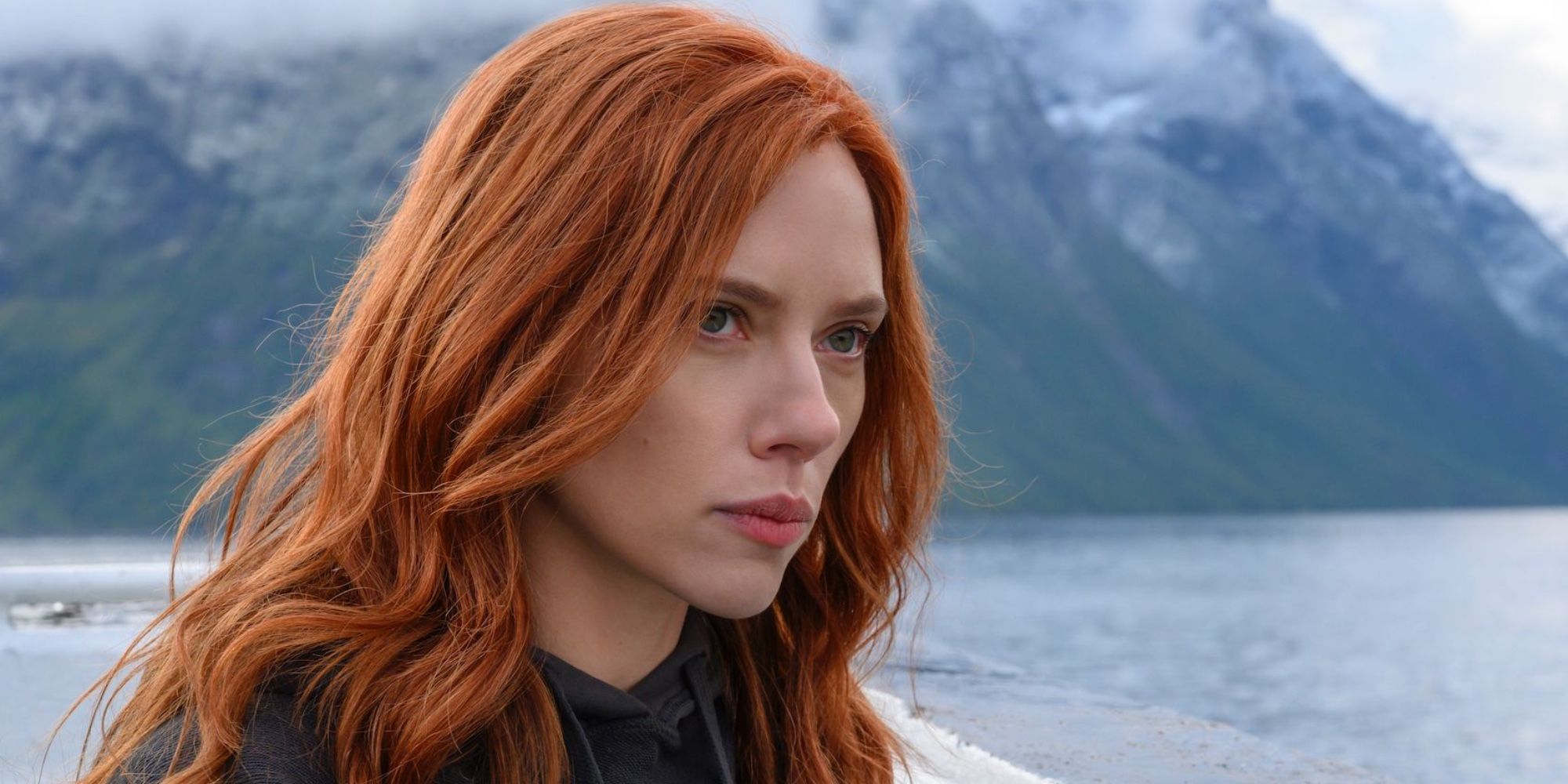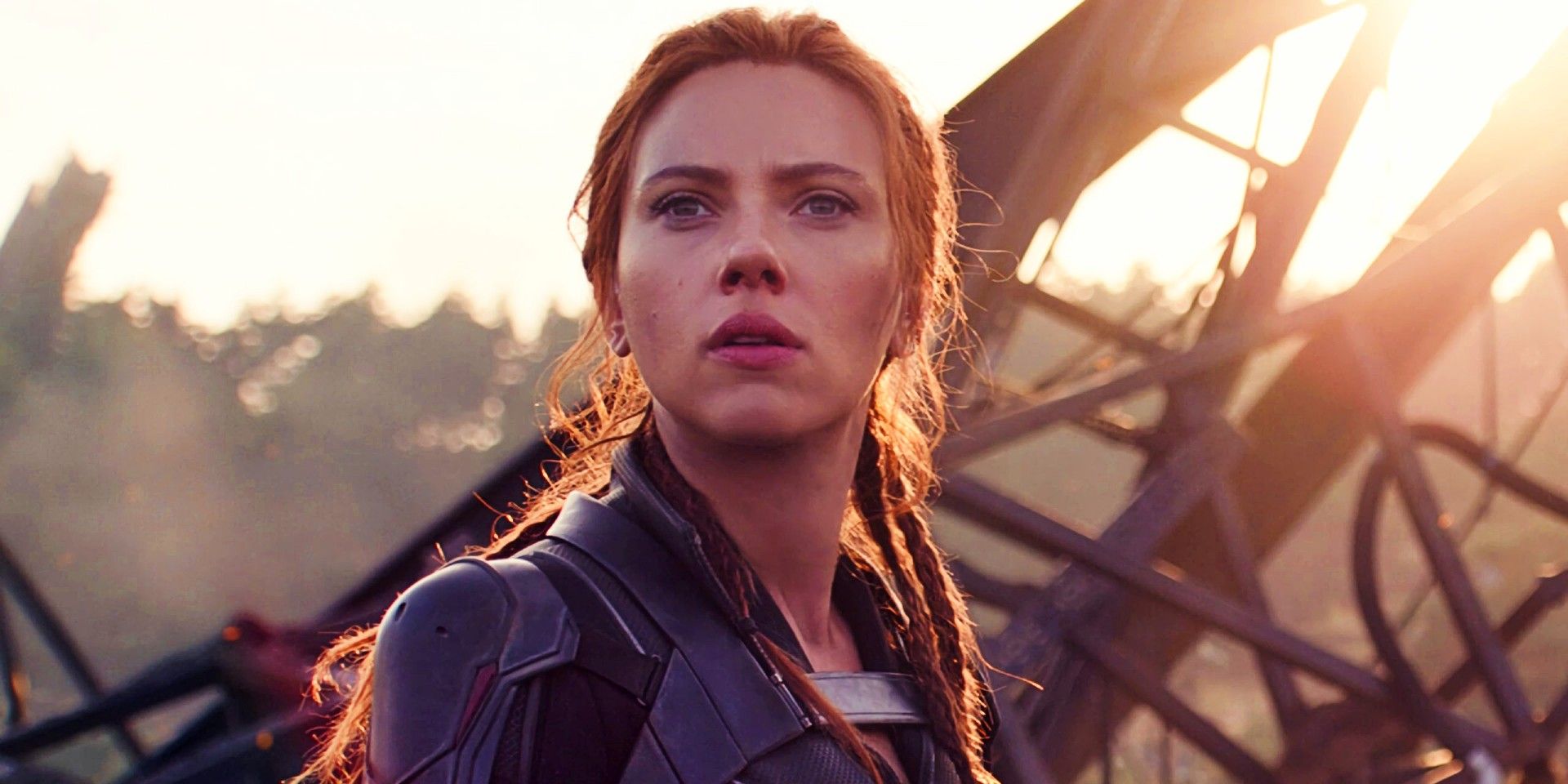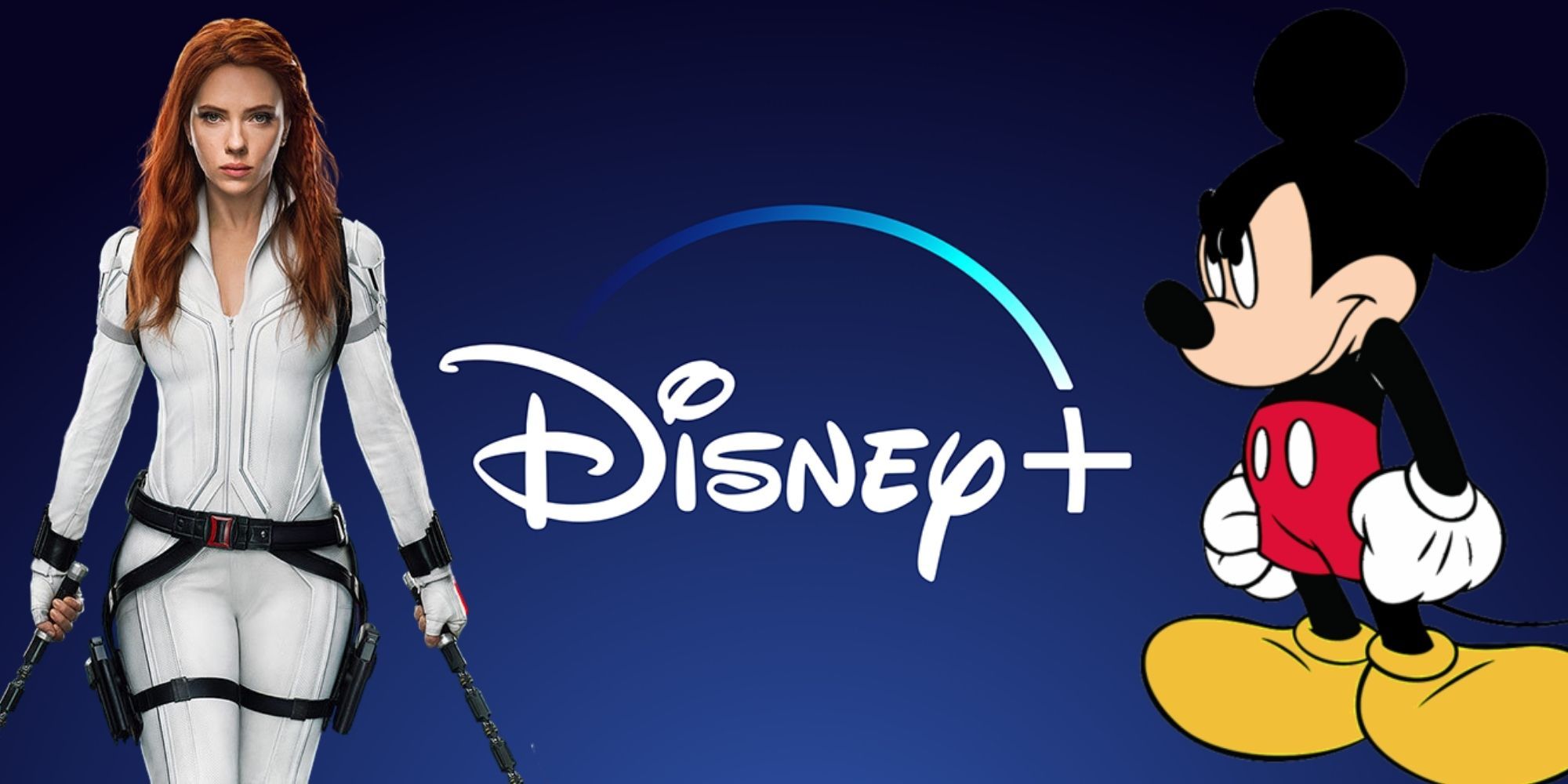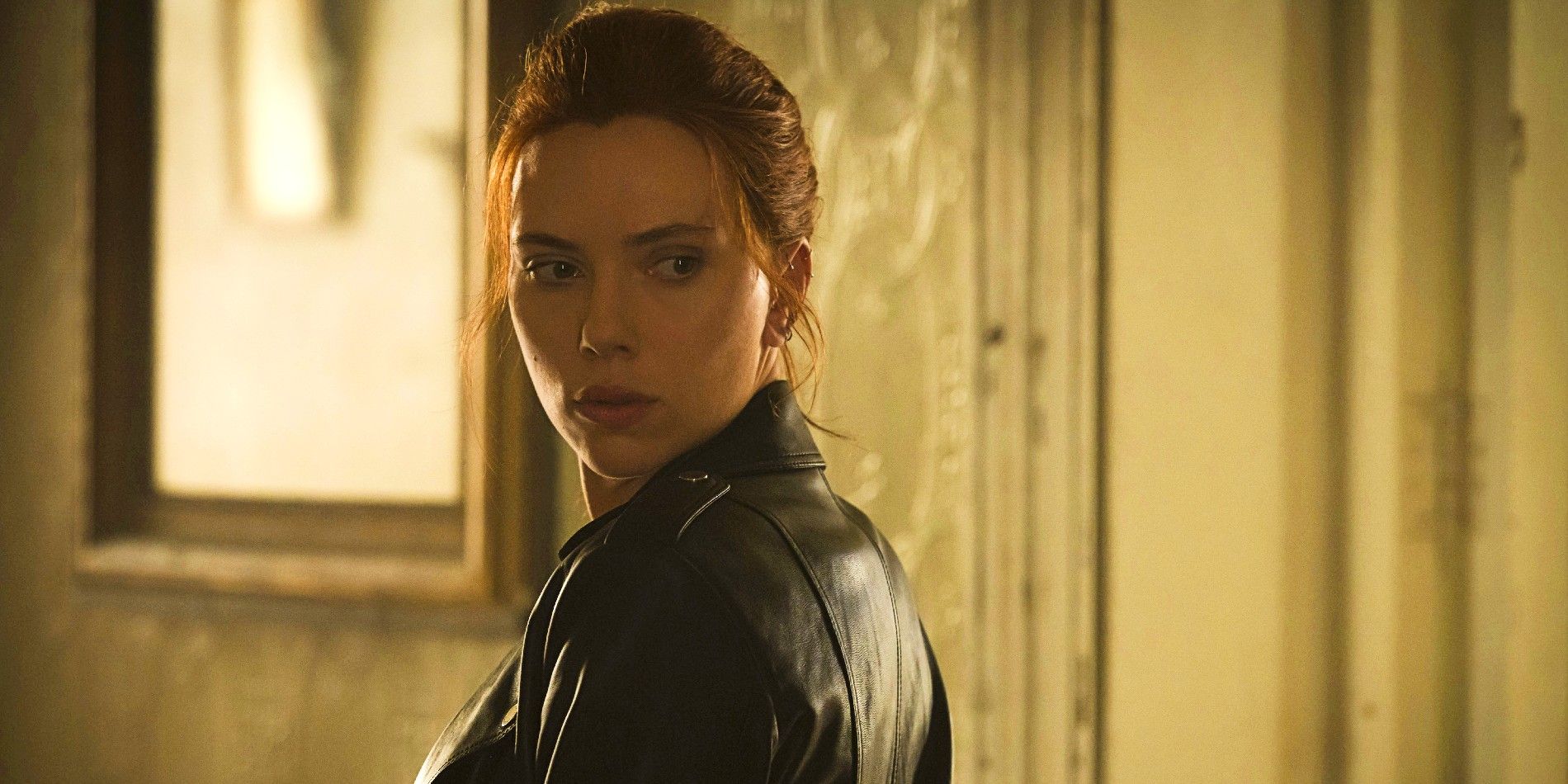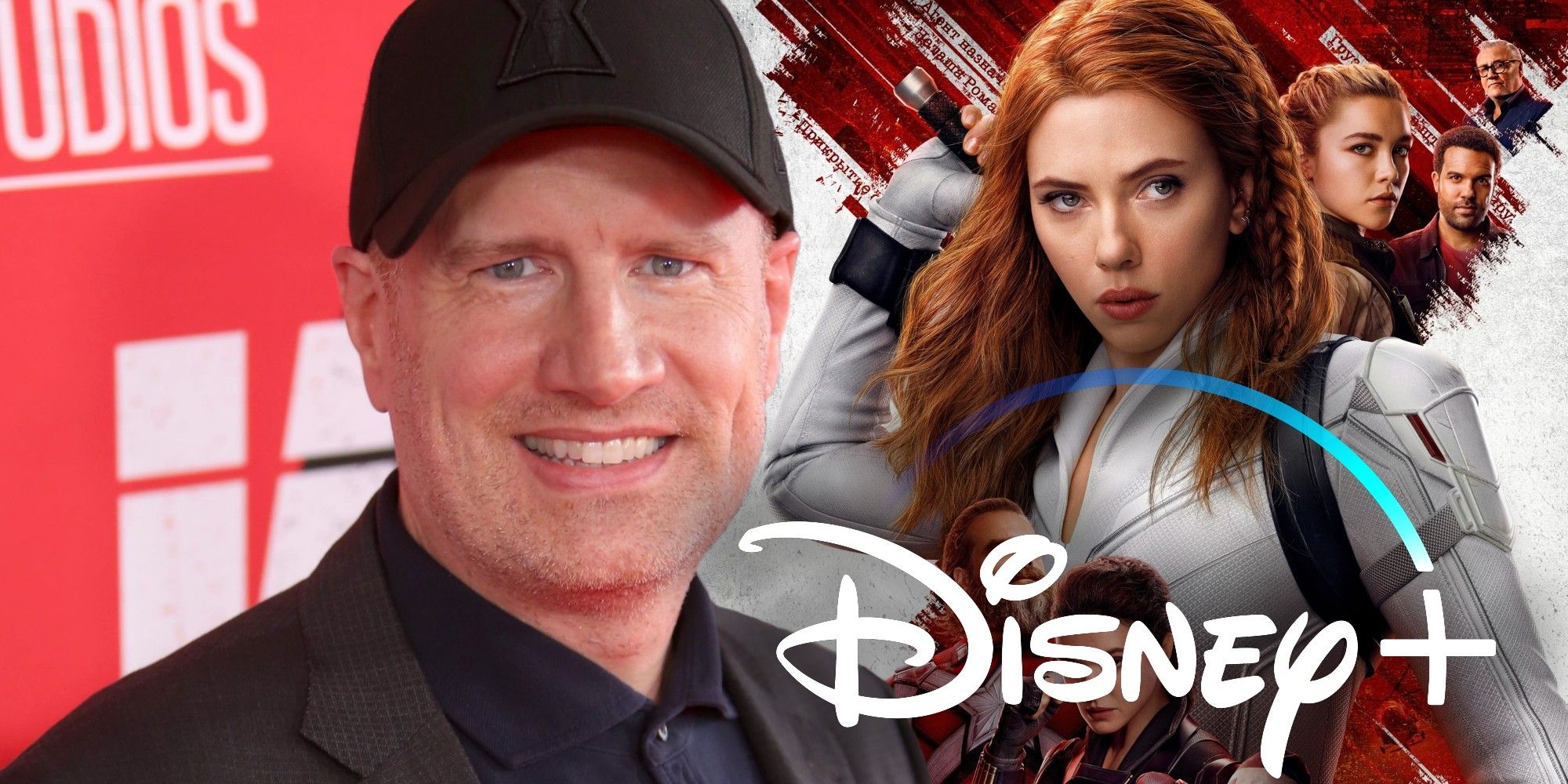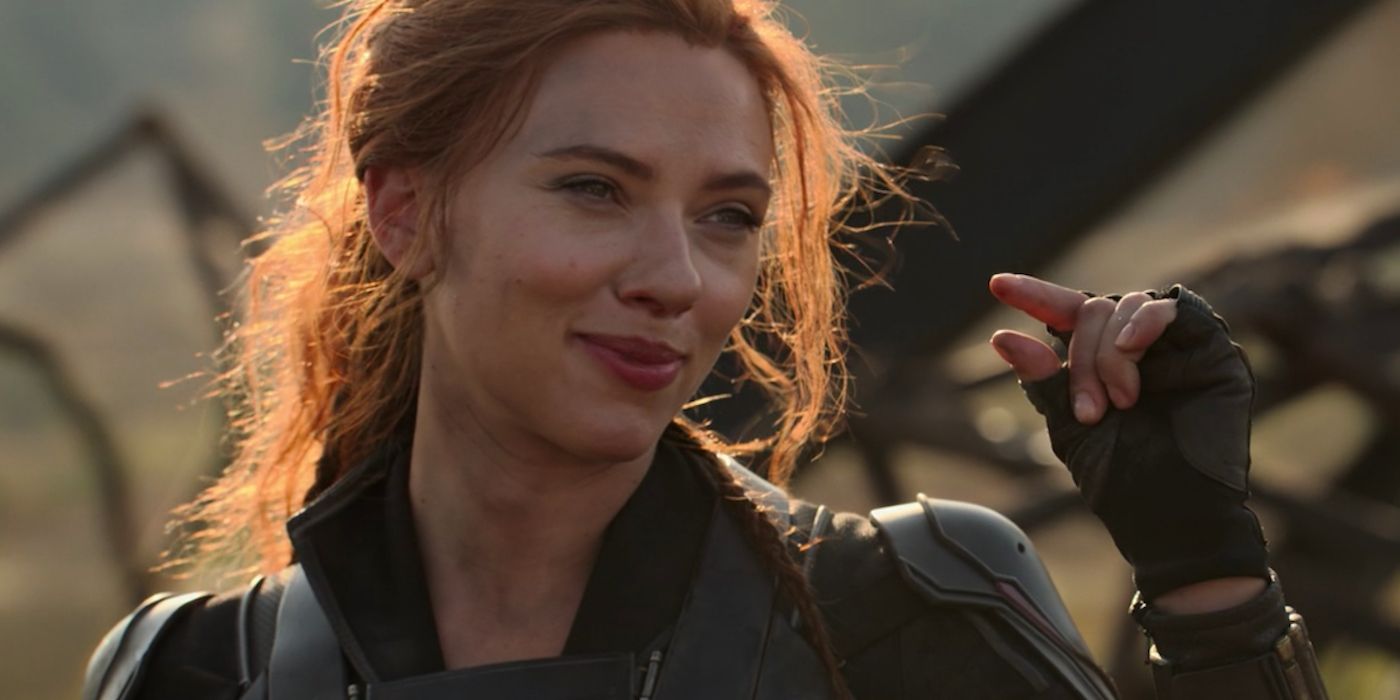Scarlett Johansson’s ongoing lawsuit against Disney over the streaming release of Black Widow has garnered major attention for its reflection on the shifting release model for blockbuster films, and there have been a lot of developments in the suit since the star first filed it. Though other actors have spoken up about lost revenue from theatrical/streaming hybrid releases of their films, Johansson’s case has become the most high-profile due to her longstanding relationship with Disney and overall star status. Here’s what you need to know.
Many major movies have been repeatedly delayed or reworked as a result of the covid-19 pandemic, but Black Widow’s journey to release was one of the most fraught. Originally scheduled for a premiere on May 1, 2020, the film was pushed multiple times over the course of the pandemic. Over a year later, Black Widow finally reached theaters on July 9, 2021, alongside a simultaneous streaming release via Disney+ Premier Access. The streaming release earned $67 million in its opening weekend alone, contributing hugely to the film’s overall take.
Black Widow received high praise from critics and was seen as a major return to form for the movie industry as a whole after months of closures and delays. However, the hybrid release model ended up drawing the ire of Johansson, leading to the current lawsuit against Disney. Since then, the suit has developed in some interesting ways, with both sides standing their ground and firing some shots the other way.
Scarlett Johansson Sues Disney Over Black Widow's Release
Just a few weeks after Black Widow premiered, it was announced that Johansson was suing Disney over the film’s streaming release model, citing a breach of contract. The litigation accused Disney of costing the star substantial portions of her due compensation by reducing ticket sales in theaters, claiming that "Disney intentionally induced Marvel’s breach of the agreement, without justification, in order to prevent Ms. Johansson from realizing the full benefit of her bargain with Marvel." Because many stars are paid based on the performance of their films, and since alternate viewing options have been shown to diminish theatrical turnout, the suit argued that Disney unfairly undercut Johansson by releasing Black Widow on Disney+.
How Much Black Widow's Disney+ Release Cost Scarlett Johansson
Under her contract, Johansson’s compensation was largely tied to Black Widow’s box office performance. As such, the film’s streaming premiere cost her an estimated $50 million dollars. Per the lawsuit, much of that loss was due to Disney’s unwillingness to renegotiate her contract after the hybrid release plan was decided on. Johansson’s team has alleged that Disney claimed it would renegotiate under such a release plan – something other studios like Warner Bros. have done during the pandemic with their films’ stars – but failed to do so, costing her immensely.
Disney's Responses To Scarlett Johansson's Lawsuit
In response to Johansson’s claims, Disney’s legal team released a statement claiming that the lawsuit had “no merit whatsoever” and calling it “sad and distressing in its callous disregard for the horrific and prolonged global effects of the COVID-19 pandemic.” The company claimed that Black Widow’s hybrid release plan was entirely within the boundaries of Johansson’s contract, and that the streaming premiere may have even “enhanced her ability to earn additional compensation.” On an earnings call shortly thereafter, Disney CEO Bob Chapek doubled down on the Disney+ Premier Access release, saying that it was the right decision and largely sidestepping Johansson’s allegations by claiming that the company had made satisfactory pandemic-era agreements with many other actors.
Reactions To Disney's Scarlett Johansson Lawsuit Response
In the wake of Disney’s dismissive response to Johansson's allegations, reports say that the star was shocked. Reported sources from within her team claimed that the implied animosity was troubling to the star, though little elaboration was given. Johansson’s agent, Bryan Lourd, was more publicly vocal with his thoughts on the situation, releasing his own official response to Disney’s statement at the end of July. Lourd said that Disney “shamelessly and falsely accused Ms. Johansson of being insensitive to the global COVID pandemic, in an attempt to make her appear to be someone they and I know she isn’t.” He emphasized the many contributions Johansson has made to Disney over the years, called the company’s statement a “direct attack on her character,” and reiterated her team’s allegation that the shift to Disney+ was in breach of her contract.
Three different organizations focused on women’s equity and empowerment in the industry – Time’s Up, ReFrame, and Women in Film – released a joint statement in response to Disney’s pointed words towards Johansson. The statement took no stance in terms of the actual legal dispute, but it called Disney’s response a “gendered character attack,” claiming that such language “has no place in a business dispute and contributes to an environment in which women and girls are perceived as less able than men to protect their own interests without facing ad hominem criticism.”
Kevin Feige's Response To The Black Widow Disney+ Release
Reportedly, Johansson’s supporters during the whole legal ordeal with Disney include Marvel Studios head Kevin Feige. In his widely circulated What I’m Hearing… newsletter, former THR editor Matt Belloni claimed that Feige was “angry and embarrassed” and even “p*ssed” about both the hybrid release model for Black Widow and Disney’s response to Johansson’s allegations. Per Belloni, Feige always wanted an exclusively theatrical release for the film and was fully in support of Johansson’s attempt at recompense when she filed her suit against the company.
Disney's Move To Avoid Trial in Scarlett Johansson Lawsuit
The most recent development in the Johansson/Disney/Black Widow lawsuit came in late August when it was reported that Disney was looking to avoid a court case with Johansson by pushing for arbitration. In the arbitration provision, Disney made several claims once again defending Black Widow’s streaming release and claiming no violation of any part of the star’s contract, even comparing the film’s box office performance favorably to other entries in the MCU. It remains to be seen in whose favor the case will ultimately fall.
Regardless of how the arbitration ends up ruling, a lot of the indirect work of Johansson’s actions are already in motion. A broader discussion about compensation in the modern era of film releases has opened up, and Disney’s accusatory responses to Johansson’s allegations have resulted in significant public backlashes, tainting the company’s image in a way that may take a long time to repair. It will certainly be interesting to see how the Black Widow lawsuit ends up playing out, no matter what the final resolution.

